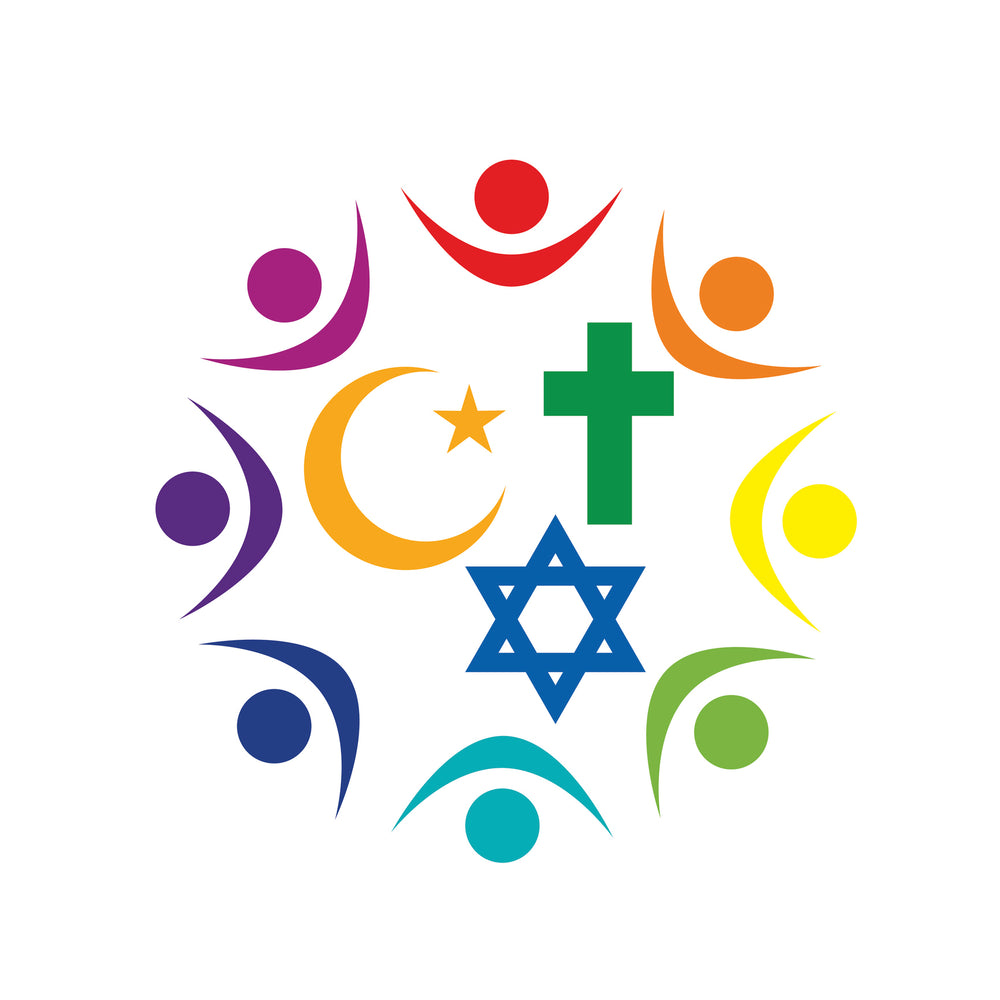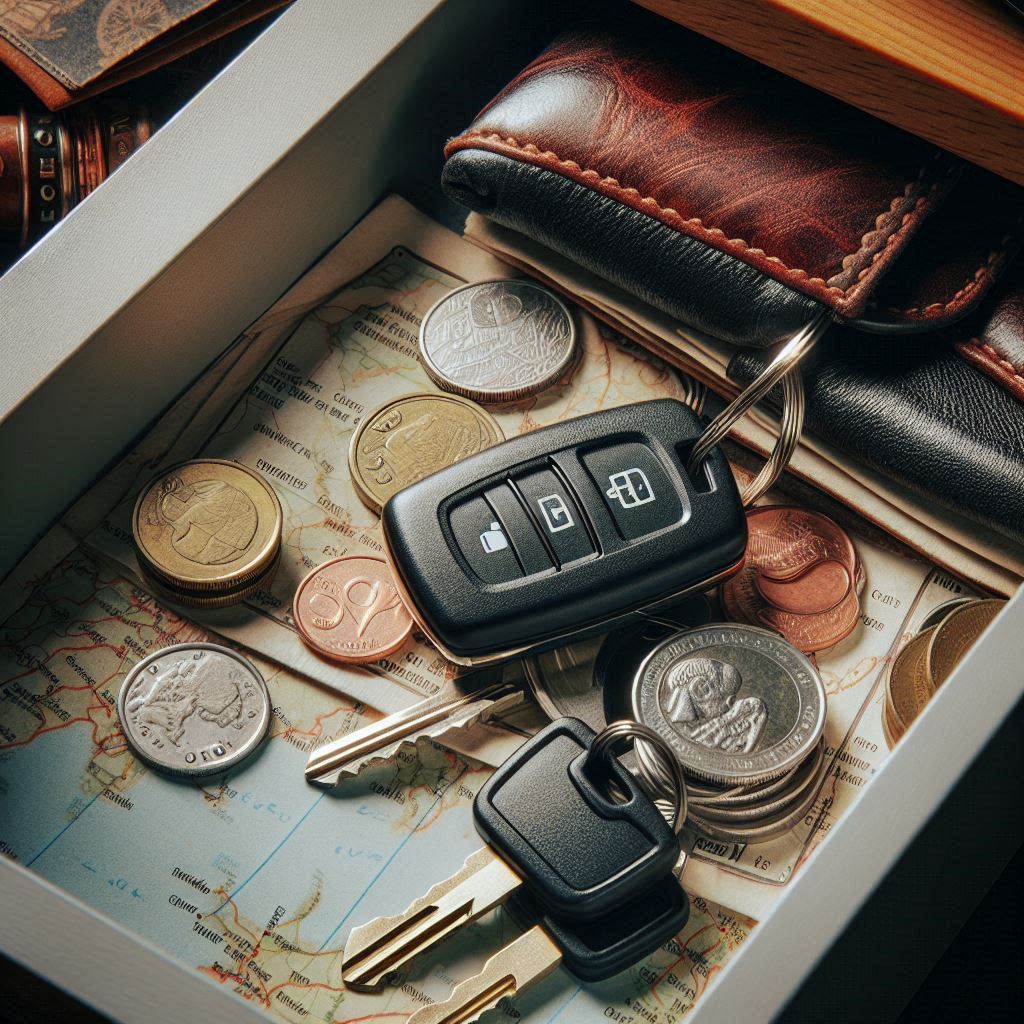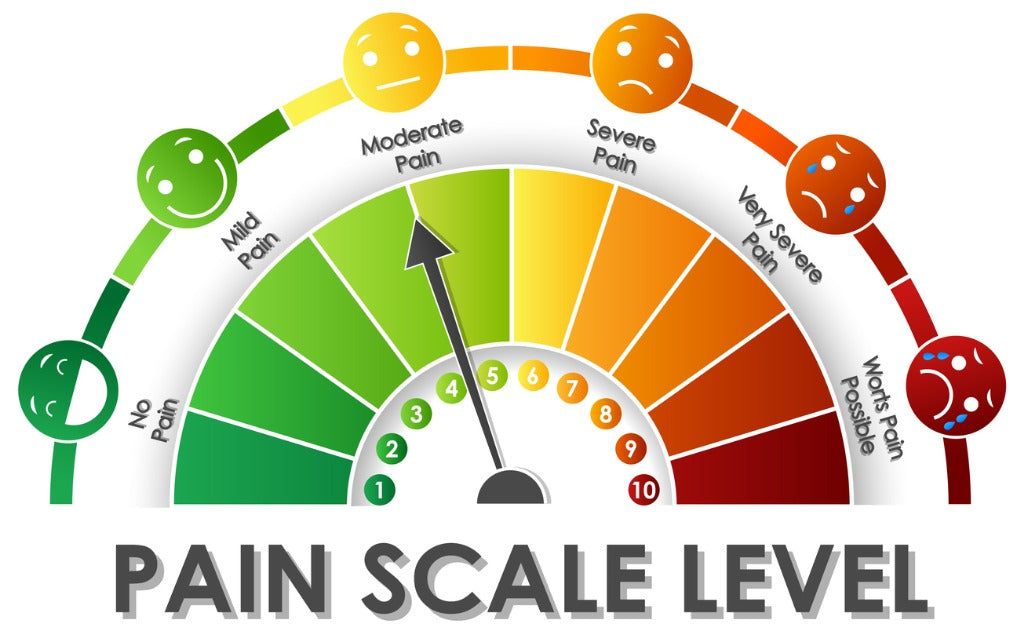Safety hacks to protect yourself and your belongings while traveling
After a few years of covid most of us are ready to spread our wings and explore the world. Below is a list of travel safety suggestions assuming you are traveling to safe countries. You need to do your homework on the country you are visiting. It is a personal decision but I will not travel to countries with "DO NOT TRAVEL" governmental travel advisories in place. Check our our list of 30 hacks to increase your safety when traveling.
1. Research Local Safety Conditions: Before you travel, research the safety conditions of your destination, including any areas to avoid and local scams.
2. Register with Your Embassy: Register with your country's embassy or consulate upon arrival. This can provide assistance in case of emergencies.
 3Share 3. Your Itinerary: Share your travel itinerary with a trusted friend or family member. Include details of your accommodations and contact information.4Keep 4. Copies of Important Documents: Carry photocopies of your passport, visa, and travel insurance. Store them separately from the originals.
3Share 3. Your Itinerary: Share your travel itinerary with a trusted friend or family member. Include details of your accommodations and contact information.4Keep 4. Copies of Important Documents: Carry photocopies of your passport, visa, and travel insurance. Store them separately from the originals.

See a list of important documents you should keep with you at the bottom of this blog article. You list may vary so check with your travel advisors and do not rely solely on this list.
5. Use a Money Belt or Hidden Pouch: Keep your cash, cards, and important documents secure and out of sight by wearing a money belt or hidden pouch under your clothes.
6. RFID-Blocking Wallet: Use an RFID-blocking wallet to protect your credit card information from electronic pickpocketing.
7. Avoid Flashing Valuables: Don't wear flashy jewelry or display expensive electronics in public to avoid attracting unwanted attention.
8. Stay Aware of Your Surroundings: Always be aware of your surroundings, especially in crowded places. Trust your instincts and avoid areas that feel unsafe.
9. Use ATMs Wisely: Use ATMs located inside banks or well-lit, secure locations. Avoid using ATMs at night or in secluded areas.

10. Lock Your Bags: Use TSA-approved locks on your luggage and consider using lockable zippers for your daypack.
11. Secure Your Accommodations: Choose accommodations with good security features such as 24-hour reception, secure locks, and safe deposit boxes.
12. Use Hotel Safes: Store valuables, important documents, and extra cash in your hotel's safe.

13. Blend In with Locals: Dress conservatively and avoid standing out as a tourist. This can reduce your risk of being targeted by thieves.
14. Use Marked Taxis or Rideshare Apps: Use official taxis or rideshare apps instead of hailing a cab on the street. Verify the driver's identity before getting in.


15. Stay Sober and Aware: Be cautious with alcohol consumption and stay alert, especially when in unfamiliar places.
16. Carry a Personal Safety Alarm: A personal safety alarm or whistle can help attract attention if you feel threatened.

17. Be Cautious with Public Wi-Fi: Avoid using public Wi-Fi for banking or sensitive transactions. Use a VPN to secure your internet connection.
18. Travel Insurance: Invest in comprehensive travel insurance that covers medical emergencies, trip cancellations, and lost belongings.
19. Backup Essential Information: Store emergency contact information, local embassy contacts, and your travel insurance details on your phone and in a small notebook.
20. Learn Basic Local Phrases: Learn a few basic phrases in the local language, including how to ask for help and directions.
Here's a list of important documents to take with you when traveling internationally:
-
Passport: Ensure it's valid for at least six months beyond your planned return date and has enough blank pages for visas and entry/exit stamps.
-
Visa(s): Required visas for entry into your destination country/countries. Check if transit visas are needed for layovers.
-
Travel Itinerary: Detailed itinerary including flight information, hotel reservations, and transportation bookings.
-
Travel Insurance: Proof of travel insurance coverage, including policy number and emergency contact information.
-
Health Documentation: Any required health documents, such as vaccination certificates (e.g., COVID-19, Yellow Fever) and medical prescriptions.
-
Driver’s License: If you plan to rent a car, bring your driver's license. An International Driving Permit (IDP) may also be required in some countries.
-
Emergency Contact Information: List of emergency contacts, including family, friends, and your country's embassy or consulate in the destination country.
-
Copies of Important Documents: Photocopies or digital copies of your passport, visa, travel insurance, and driver's license. Keep copies in a separate location from the originals.
-
Credit/Debit Cards: Notify your bank of your travel plans to avoid card blocks. Carry multiple cards and keep them in different locations.
-
Cash: Local currency for immediate expenses upon arrival, such as transportation and tips.
-
Hotel Reservations: Printouts or digital confirmations of hotel reservations.
-
Transportation Tickets: Printouts or digital copies of flight, train, and bus tickets.
-
Frequent Flyer Cards: If applicable, bring frequent flyer or travel loyalty program cards.
-
Travel Guides/Maps: Physical or digital travel guides, maps, and any important contact numbers for local services.
-
Student/Youth ID: If applicable, bring student or youth identification for discounts on attractions and transportation.
-
Work Documents: If traveling for business, bring necessary work documents, including invitation letters and company contacts.
-
Translation Cards: For medical conditions or dietary restrictions, translation cards in the local language can be helpful.
-
Consent Letter for Minors: If traveling with children without both parents, bring a consent letter from the non-traveling parent(s).
-
Pet Documentation: If traveling with pets, bring their health certificates, vaccination records, and any required permits.
-
Travel Apps: Ensure important travel apps are downloaded on your phone, such as airline apps, hotel booking apps, navigation apps, and translation apps.
These documents will help ensure a smoother travel experience and be useful in various situations you might encounter while abroad.





